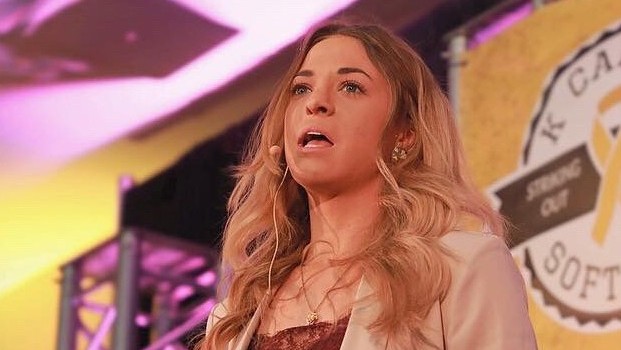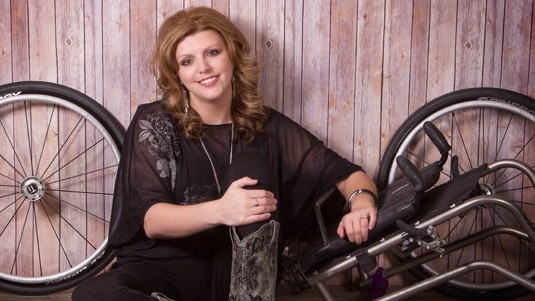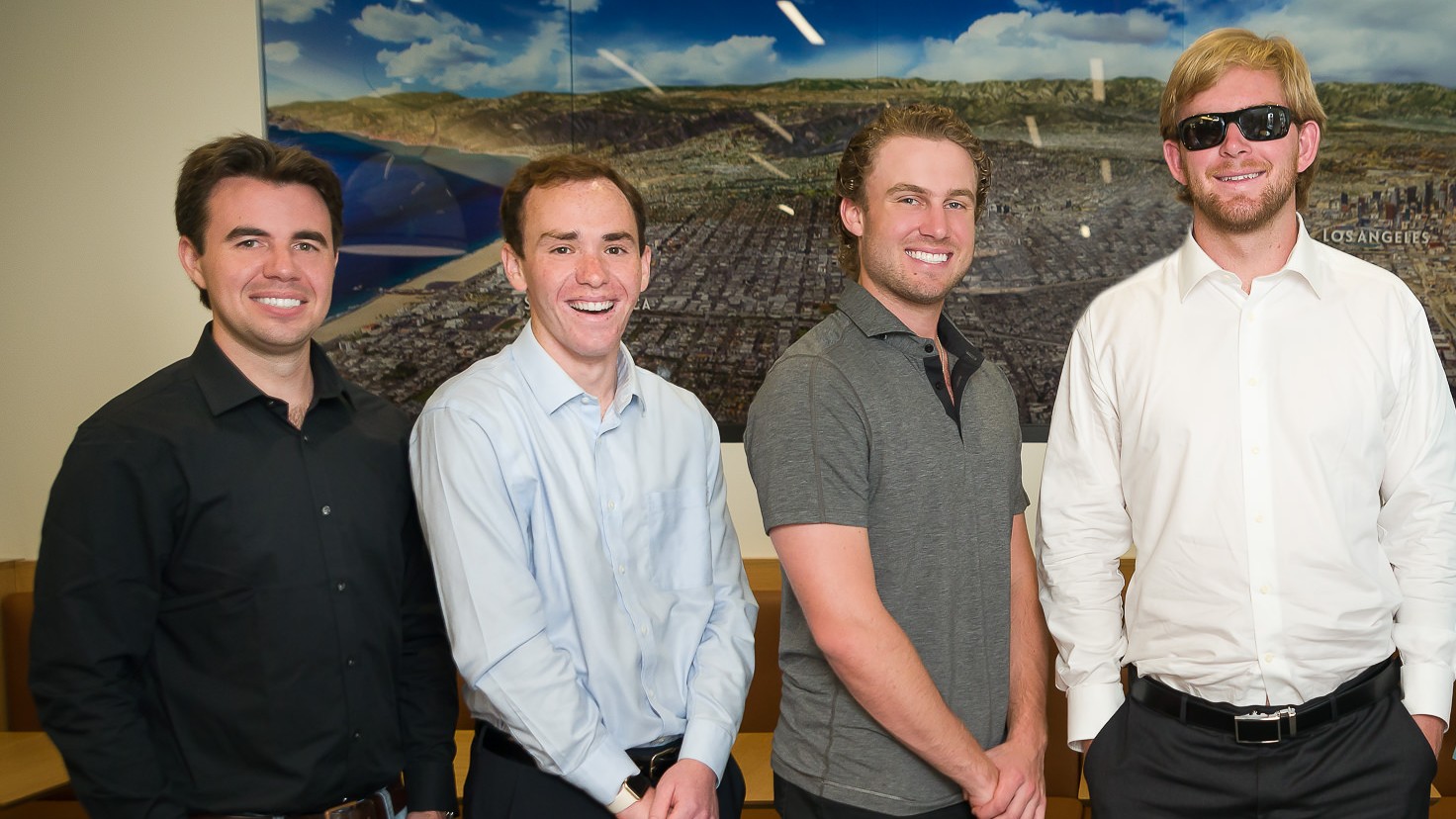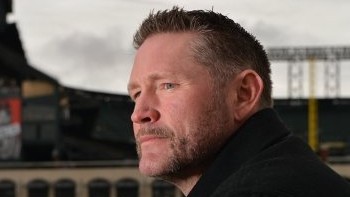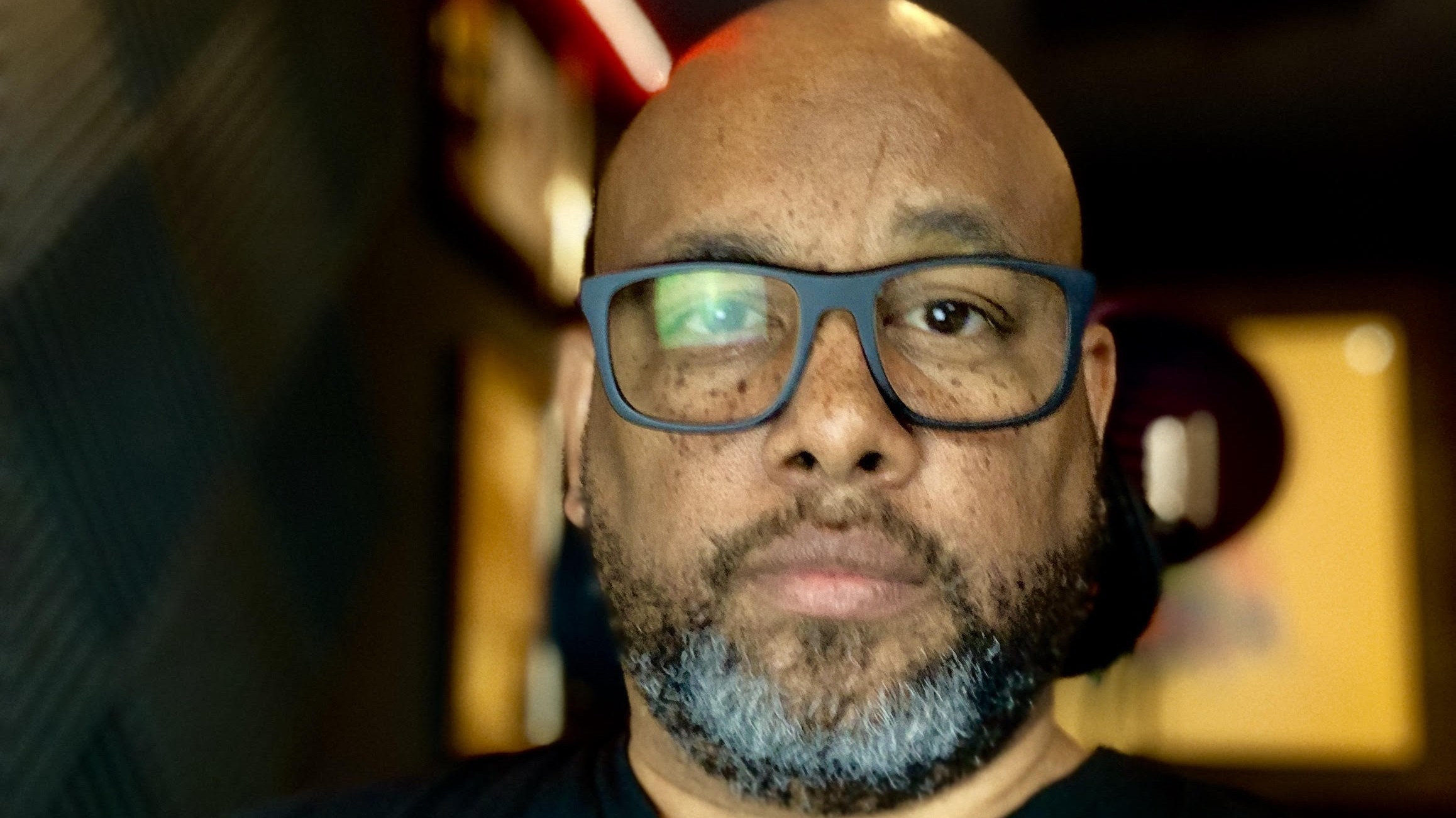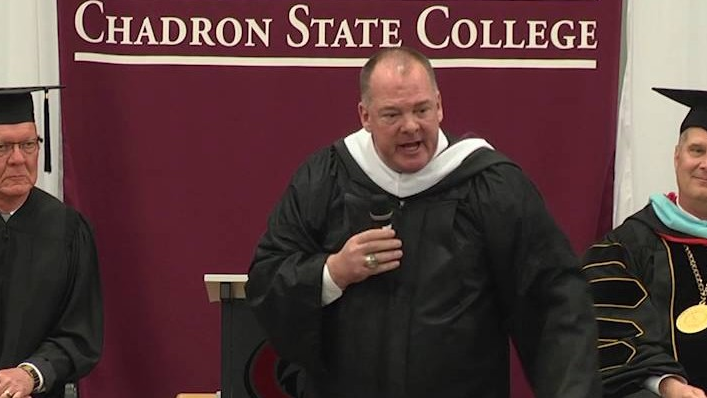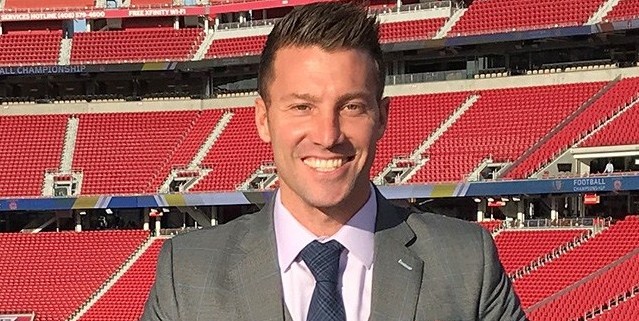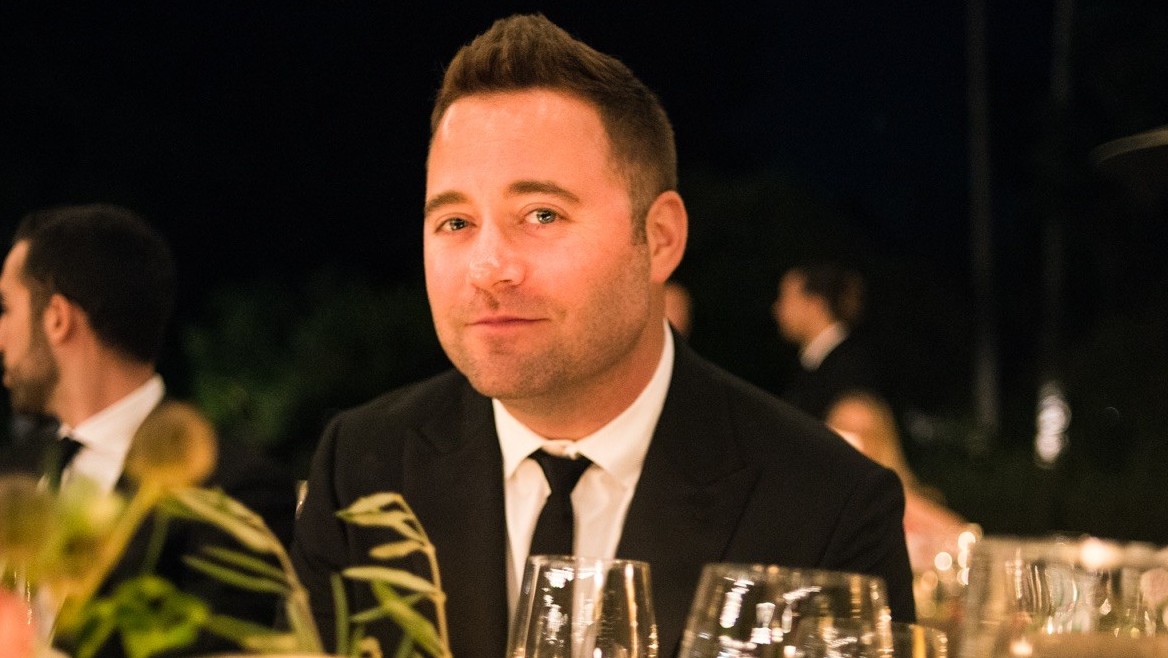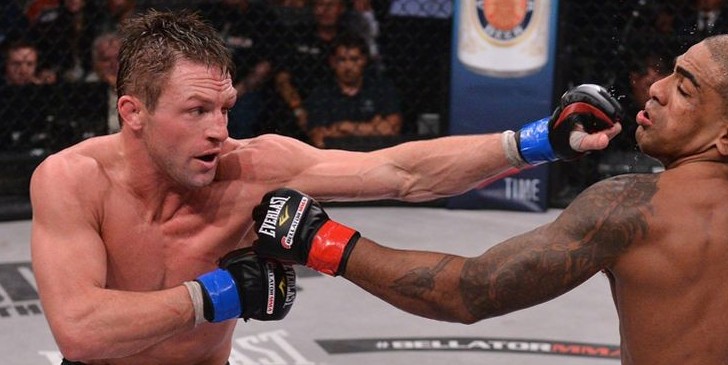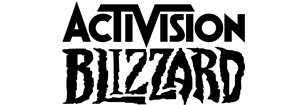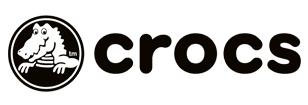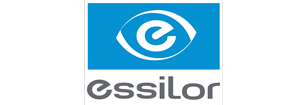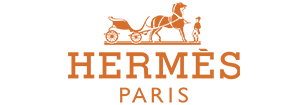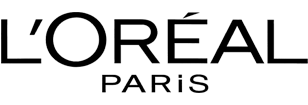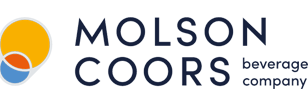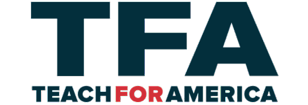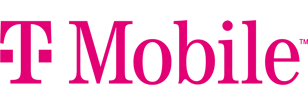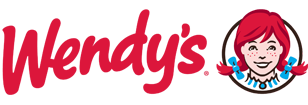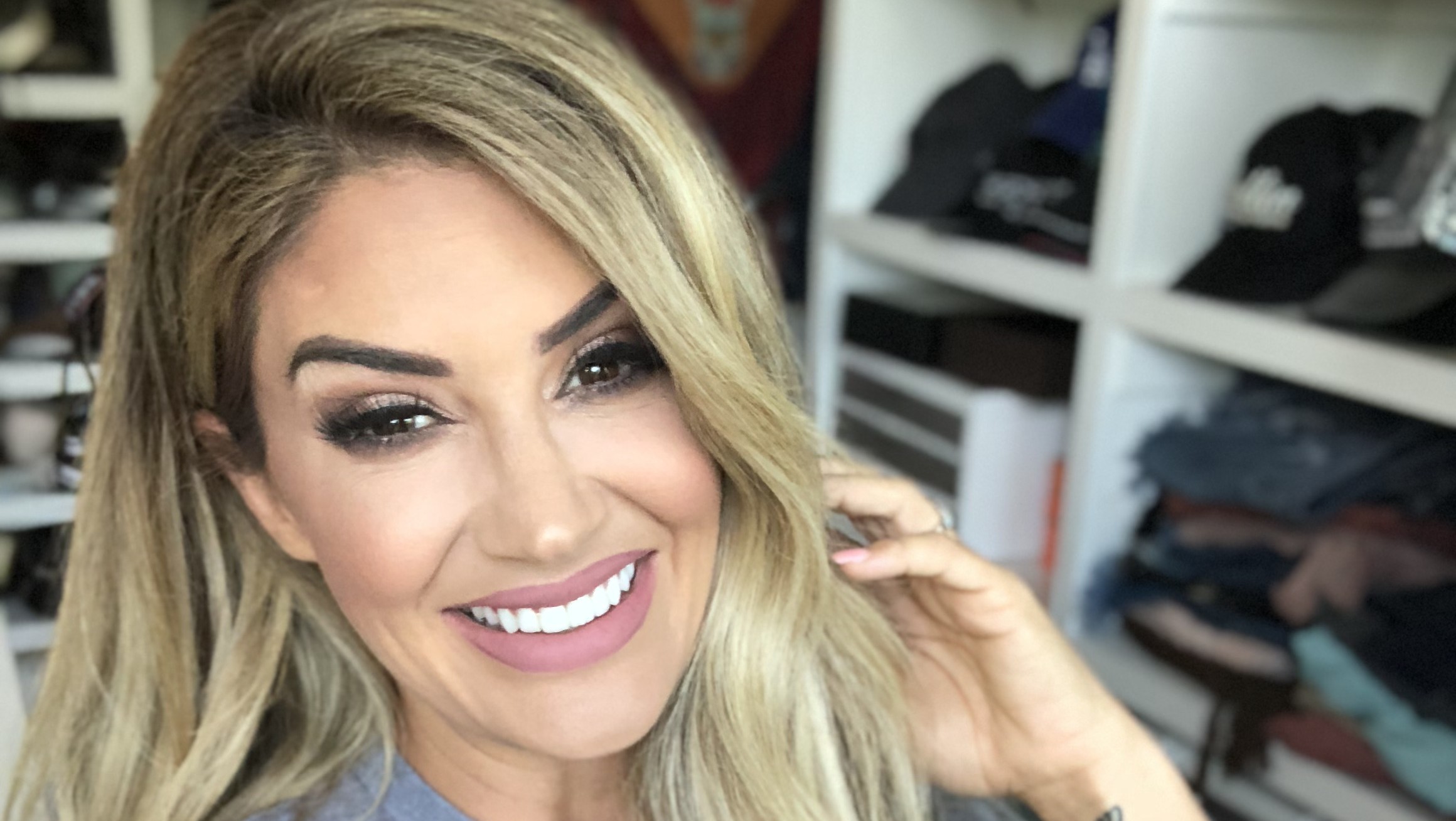
Episode 13 - Riding Through Adversity - Fallon Taylor
- By Brendan Egan
- May 15, 2019
In episode 13 of Let's Engage, Jake and Brendan engage with Fallon Taylor a world champion barrel racer, professional athlete, motivational speaker and entrepreneur. Fallon Taylor has dedicated her career to making the seemingly impossible, her reality. Now, she’s making it her life’s mission to empower her growing online audience of hundreds of thousands of followers by giving them the tools to do the same through her inspiring daily content across platforms like YouTube, Instagram, Facebook, Pinterest, Twitter, Snapchat and her podcast. In 2014, Fallon was named the 2014 WPRA Barrel Racing World Champion aboard a horse she trained herself, her equally decorated mare, 2013 WPRA/AQHA Barrel Racing Horse of the Year, Flos Heiress. In 2018, Fallon and “Babyflo” made history again winning the 2018 AQHA Barrel Racing World Championship. Fallon and Babyflo are no strangers to the winners circle however, what it took to get them there is nothing short of a miracle. An early superstar, at 13 years old Fallon qualified for the 1995 National Finals Rodeo for the first time. She qualified again in ‘96, ‘97 and ‘98. In 2009, Fallon’s star studded career came crashing down when a horse related accident left her paralyzed for three days and with a fractured C-2 vertebrae. Slowly, she taught herself how to talk and walk again and then how to ride, and eventually, win. Coming back with a vengeance, in 2012 she ended the season 16th in the WPRA world standings. She followed up by qualifying for the NFR in 2013, 2014 and 2015 making her total trips to the big show, seven. As a result of her injury, Fallon is a fervent advocate for equestrian helmet safety. Currently, Fallon resides in Dallas, TX with her husband. In addition to rodeo, she owns “Ranch Dress’n” an online retail clothing business inspired by the western lifestyle and “Horse Bosses” an exclusive online community for equestrian athletes and "The Passion Project" helping entrepreneurs build their businesses together. Fallon is looking forward to continuing to impact all who join her journey through strategic collaborations, appearances and speaking engagements.
Listen along with Fallon and for more information or to book her for a speaking engagement or experience, visit her profile on Engage.
--
Transcription:
Jake Olson: Welcome to the Let’s Engage podcast. I am your host Jake Olson alongside my co-host Brendan Egan today. We are very excited to bring on a special guest. For her I probably should have said, howdy to everyone today Fallon Taylor, thank you so much for joining us.
Fallon Taylor: Thank you guys so much for having me. I'm excited.
J: Of course. No, it is our pleasure. So Fallon, I was looking up a, I have always been a fan of horses. Uh, I really have, I think they're like big versions of dogs. So I was looking up some, uh, some facts on horses and one of the things I heard is that I guess for awhile people, uh, I guess assumed that horses were colorblind. They just assume that they were colorblind and they're really not. And uh, that, that happens with me all the time. People assume I'm blind, but I'm really not. So I just want, I, I have kind of that, that similarity with horses that a lot of people think that, you know, we can't see, but here we are just being able to see fine, you know,
J: And thriving and, and doing things that other people with perfect vision can’t do because their vision is so different. So I'm just like you, you see just differently. And it's the same with horses and horses teach, um, teach us a lot of things. So they are very sensitive. Um, so they can, um, feel, you know, if you're tense or if you're scared. It's very similar to dogs and that the behaviors that they have, um, are really a reflection of our own insecurities or our own behaviors. So if you have an animal and its really nervous or fractious, um, you can always kind of relate it back to, well the person's probably around, this horse has, you know, some issues. So I think a lot of people that, um, I've, I've helped in my clinics with gaining competence riding horses. It's really funny because, um, I kind of make all of them cry because I think they've just showed up to the psychiatrist because I'm like, well, I can see it in your other relationships. You kind of get run over a lot. Um, because your horse just told me that and they're like, oh my gosh, that's so crazy. So yeah, it's, it's similar. You know, their vision is just, um, it's just specialized in a different way.
J: That's awesome. So you wrote, you were born in Tampa but that you, you, you and your kind of family really bought into obviously what you want to do at a very early as you moved to Texas and you kind of were all in on kind of the Rodeo riding horses, um, kind of way of life when you were just very, very, very young.
F: Yeah, I had a dream really early on and um, I was a very advantageous child, I was super nerdy and really into a lot of really weird things and I went to the University of South Florida when I was five years old. And so I, I just, my parents couldn't keep me busy enough and so I saw horses on TV and they were like, okay, well this is the thing that you want to try to excel at and do, which my parents are really cool, obviously. So they uprooted us and moved us to Texas. And, um, it's so funny because I am not, I don't, I'm not really a cowgirl. I'm more of an equine engineer. I really like, I, I don't, um, I get stopped at every single competition and they're like, contestants only, you don't look like a contestant. And I'm like, I don't know what that means, but, um, I for sure belong here. So, you know, I'm not traditional in the sense of, um, you know, I don't work cows every day and, and I, I don't Ha, you know, I don't farm anything. Um, but these animals have been such an amazing part of my journey and, um, and almost cost me my life, but, um, really helped me to help so many people through that.
J: Yeah. Well, we'll get to that. But so, so you were riding and did it, it was obviously kind of came naturally. You started winning, almost kind of seemed right away. Like you, you had success in and riding horses immediately. So it was it just something that kind of came natural to you?
F: I think it's a really cool thing. It did come naturally, but I think it's a really cool thing that happens when kids are able to pursue their dreams. Um, because by that point, you know, we don't know about haters and critics and judgment, so you know, you're kind of free to explore some things and not really look over your shoulder plus you don't have like a mortgage or bills to worry about, so you're not like pulling money away from something to pursue something else. So I think it was definitely an advantage for me to have some natural ability plus with this background of being a fearless kid. Um, I think that definitely helped my career early on.
J: Well, I think it definitely, I mean I remember trying to just do like these kinds of horseback riding camps over the summer and stuff and it's, it's scary when you're a eight year old kid standing next to a couple of thousand pounds horse. So you start riding, I mean first I guess my question is kind of take us through the technique of barrel racing, cause I, I don't know really the fine details of it. Then also did that change as you were like eight, 10, 12, 15 like is obviously, you know, an eight year old girl even, you know, it's going to be even, I guess in my opinion would be harder to steer a horse and kind of feel. How'd it feel you moving it then? You know, even like a 15 year old girl.
F: Absolutely. So a little about the sport is you're basically navigating a 1300 pound animal through an obstacle course. Um, it's very x games um, so the horse is running about 30 to 35 miles an hour, and you're trying to turn 55 gallon steel drums as tightly as you can without knocking them over. Now, if you do knock them over, you're not going over it with your kneecap and Shin at 35 miles an hour with 1300 pounds of, you know, of horse behind you. So it doesn't feel great. You never want to fail and you're inevitably going to fail. Um, but you know, as seven, eight year old kid, yeah, it's a, it's a lot harder to, to navigate, um, the horses. But on the flip side, um, what you lack in experience, you can make up in a weight advantage. So, you know, it's just like I'm watching the Kentucky Derby last week. Um, you know, you want to make way in and you want to be teeny tiny because you're gonna end up getting this big weight advantage. So I think I, I was able to have some early success because my parents provided me with really amazing animals, um, that knew what they were doing. And at the same, I had, um, a little bit of a weight advantage and I just kept trying to develop my technique as I got older. Um, you know what, I'm still learning now. I think that's what's kept me on top of the game for 29 years now.
J: Right. Do you, would you, would you breed horses are like, would you work with one horse or is it kind of like racing where you would kind of use a horse for two years and or a year and then find it, find a new horse? Or is it kind of when we've been with for five, six years?
F: I'm very proud of the fact that we have a breeding program here and my parents gave me a stallion and a mare and I was able to basically establish my career off of those two horses and now I branched off and I've got five generations of that lineage and pedigree and I'm really proud of the fact that I've been able to keep my main like Ferrari going for seven years.
J: Awesome.
F: Um, and so that's a really big deal. Um, just because you know, you know, as an athlete, you know, it's very simple to get hurt. It's very easy to hurt in competition. So to keep these horses in tip top shape, especially because as a human I can roll you in, give you an X-Ray and you can point to where it hurts. When a horse stops performing, we have to figure out what hurts.
J: Right, right.
F: So it gets very tricky, but I'm, I'm very proud of my breeding program for sure.
J: That's awesome. Okay, so then, so you, you, you're doing obviously what you love, you're, you're winning, you know, you're, you're making a name for yourself and then kind of tell us kind of what happened then with the setback with the accident.
F: So I decided to kind of, I hit it, I hit a dry spot. I'll, I'll be honest, in my mid twenties I just kind of hit a spot where I wasn't really excited to go be a competitor fulltime where I'm, yeah, I think everybody hits that spot after, you know, after you graduate college, then it's this, okay, now what? You know, you're, you're waiting for, you know, typically you have a schedule and, and you've got a syllabus and you kind of have a layout as to what you're going to do with your life. And after that you're handed your degree hopefully or not. And then you walk out the door and you're like, wow, how do I create this life for myself? And that's what I was going through was, okay, I've been this child star, now what do I do? And so I started just training horses for other people and I really hit a dark period in my life where I didn't really have any spark. I had no passion to do anything. I was going through the motions of just trying to breed horses and train horses and just try to utilize some of these credentials that I had and try to really make a living just based off of kind of being a has been because I had created this career so early on. And so I decided to start selling horses and I just was running the numbers and there was a lot of, lot of horses coming into my hands and I was training for other people and I got on a horse, um, in August of 2009 and it felt like something wasn't quite right, but I really, you know, I'm a professional. I've been doing this my whole life, whatever I'm going to get on and just do the deal. And so I got on for some late night training and um, this kind of went, um, just completely wild, um, which we don't experience often in domesticated animals. Kind of like having a pit bull turn on you, you know, you're not ready for that. Um, and so this particular horse, um, ironically named Tag, which I almost got a, uh, a toe tag from this horse, but he, um, just started to buck in a way that, um, you know, you might see a, a professional bronc buck for $1 million where it's like he was doing, he was performing in that way and he was making all these noises and it was, it was really, really terrifying. Um, but I'm an equine engineer, right? So I'm just laughing and thinking that this is just hilarious. And I had one assistant at the time and this horse reared up and his head actually broke all the bones on the right side of my face in one crack. And I stayed on him. And as I stayed on him, his head reared up again and broke my collarbone on the left side. And I stayed with him because, you know, we're always in this like, um, cowboy mentality where you've gotta be tough. And so I just stuck with it like, okay, this is no big deal. This is no big deal. And I picked a spot that I decided I was just going to jump off. The pain was too much and I picked a spot kind of off in the distance and I just went to jump off of him with my arms out like superman. And when I did his back feet, kicked my feet and launched me 13 feet into the air.
J: Oh my gosh.
F: And I spun straight up and down where my head was pointed straight down at the ground like a torpedo. And I landed just like that. My leg flopped over top of me and I was not able to move my lower body in that moment. And um, I'm a pretty tough cookie. So I had, um, had my assistant there and, um, her, the guy she was dating at the time was a paramedic, thank goodness. And he ran over and he said, I am not a doctor by any means, but you had to have broken your neck. Um, and I said, well, I'm not gonna, I'm not going to get an ambulance out here. This is absolutely ridiculous. I just got a concussion because surely if I broke my neck I would be screaming and crying and whatever else. I just didn't know that adrenaline can take on that much pain. So I made them strap me to a picnic table and put me in the back of my truck. Just absolutely knew I had a concussion and I got to the hospital and I was joking with the doctors and I thought that, you know, I'm just in way too good of spirits for anything to be seriously wrong. And the doctor came back in after my Mri and he teared up and he said, I hate to do this to you because you're such a positive young lady, but you have a 2% chance to walk or talk again after we do this procedure that we're going to have to do to you and you have a 13 minute flight. The plane is running on the roof and we've got to get you in there. And I just, I want to, I want you to get right with God on those 13 minutes because it's, it's going to be a big deal. It's going to be a long, it's going to be a long couple of years for you. I got on the plane and I got strapped down to the gurney and taking in. And of course I was, I was told for for 48 hours, um, that I would, I would probably not walk or talk again. And, and every single nurse I asked kind of gave me the same, the same answers of, you know, you're going to get a halo and we’re going to shave your head and one girl even, um, to make it just, and I'm sure she didn't mean it this way, but she leaned over and whispered in my ear, she was shaving my head and she was like, I googled you and you were so pretty before this. And I was like, oh my gosh, this is my nightmare. Like what is happening?
J: Right.
F: So, um, it, it just continued to get worse of just one neurosurgeon after another, calling me foolish for, um, even even being a part of this sport and, you know, reminding me that I would never ride horses again. And, and then I started to get mad and um, it's pretty cool because my dad always told me that I, he said, you know, honey, people die in hospitals, you know, try to always get out of hospitals, you know, never go to the hospital. My Dad's super old school, right? And so I got in this hospital and I was like, I gotta get Outta here. My Dad says, I'll die in here. People were like, your dad's never had a broken neck, so you need to chill out. And finally, late at night, I coerced one nurse to talking to me. And every nurse I asked would just tell me, you're not going to walk again. You're not going to walk again. You're not going to walk again. And one nurse, finally, I said, if I were to walk again, what would need to happen? And she said, well, we would need to sneak around and get a crane to pull you from the ceiling up. And then you would have to not fall down. Because if you fall down with that halo on, you could probably die. And then we'll get you up. And if you can walk from one end of the hallway back down, I can get the doctors to release you. And she said, but that's not gonna happen. And I said, well, why don't you just get busy finding that crane? Right. And then let me worry about the rest. And I was very fortunate for her to believe in me, you know, just, uh, and, and it taught me such a big lesson about, it's not the, it's not, it's not the question that you ask, it's who you ask it to because not a lot of people know that that could've been a possibility. Right. You know, those other nurses, they, they weren't trying to stand in my way. They simply didn't know that it was possible that anybody had that level of strength. You know, they'd never seen it before. So I don't blame them.
J: You have the, so I, I imagine when the doctors tell you that, you know, you're, you're joking around with them that night and was it just kind of this like knife that got stuck in your stomach? Or like how, like I, I'm, I'm just, when I was told, you know, because I was used to being told the cancer was coming back. I mean I was told that eight times and then eventually I was eavesdropping on a phone call after the cancer had come back in this time the doctor said we've got to take his other eye cause we can't fight the cancer anymore. And I remember I was kind of incredulous because here, I was thinking, okay, let's just figure out the next treatment. Let's figure out what's going on. I knew obviously in the back of my head that blindness, was always a possibility. I mean, I guess that the cancer could have come back and I guess we could have fought it, but I never thought that would actually happe. And then when it finally did, I was kinda like, oh my gosh. Like how am I in this reality now?
F: Right. I think mine was, um, I always, I always think now that the only, the only place that hate and anger can serve me in my life is for fuel. And yeah, you guys know in California there is no such thing as free fuel. And I would feel like, I feel like when you have hate or anger or revenge or all of these feelings, they don't serve us in our journey really. Um, because you know, we build up all this resentment and it, and it can really impede our process. But if we can, if we can, if there's one place you can use it, it's in a time like this, you know, I had my, my spouse at the time tell me that I wasn't going to be pretty anymore. So he left me in the hospital. I had the doctors tell me I was never going to be able to do what I loved again. Um, I had no one there and, and the only thing left for me to do was to get really pissed off. And I feel like that amount of fuel, um, really helped me because then I started to try to problem solve. Right. It's taught me so much because instead of wondering why I was there, I just started to problem solve because because my dad, who is just really old school had told me that I was going to die in there. So I just was legitimately trying to find a solution to that problem instead of going, why me? Why me? It was just, okay, what are we going to do with this and how quickly can we move?
J: Oh, and I'm sure there's like people always ask me if there were frustrating moments. Of course there was like, so how I, I, I am right there with you. I mean anger fuels me as well to continue to push forward to find a way. And that's what I really, you know, love about your story is that you found that way. But I mean there are frustrating times and I have a way I get through the frustrations, but for you, I mean anger gets you to that point where it gets the motor running, but there, I'm sure there's times where then it just is like, you know, this is so frustrating. I try to do this. And it just isn't working. What kind of kept you going? Because anger, again, it's, it's, it's, it's a fire, but you know for me, there was something else too that continued to allow me to push forward even past the anger, through the frustrating moments.
F: My Big Aha moment to keep pushing forward was I needed it, I guess always in the back of my mind. And the reason that I hit that dark spot is because I really didn't have a passionate purpose. You know, I didn't have that. Why I was doing something. It wasn't competing to win a championship. I wasn't doing anything. And in this you'll never ride again. I made a bet with myself and I said, you're going to do this again and, but this time you're going to be the world champion. And if you can do that, imagine how many people, because you have to think that you're doing this for a purpose. Whether you believe in God, Gandhi, Buddha, it doesn't matter if you really think you have some sort of a purpose tied to why, why you're doing something, then motivation and discipline can go straight out the window because you'll run into a burning building for the right reason. Right? So, so for me, that burning reason was, okay, I almost squandered all this talent that I had by just being depressed and not really having a direction. I dang sure have a direction now. Now it is that they're telling me I can't walk, watch this. If they're telling me I can't ride, I'm going to try to ride the highest possible level that I've ever ridden before. And all of the people that told me that I would never be good enough, that I just kind of was a has been or a washup. It's now my opportunity. This is the best opportunity in the best platform I could ever have to gather, you know, criticism and judgment in one place. Use My fuel to go, okay, watch this. And so I think that that's, I've always been a very competitive person. And so having that renewed sense of why I was waking up in the morning, um, because even brushing my teeth was something that was very hard to do. I mean, I'll never forget brushing my teeth and breaking down into tears. Like I can't brush my teeth. I can't get past the freaking rods, you know, that are tied to my head. And then, you know, the ignorant way that people treat you in this, in this world, they look at you like you're some sort of an odd ball, you know, and you're just like, Huh? You know? Um, yes, it's, uh, it's a halo. It's not, I'm not a Martian, you know, so plenty of, plenty of criticism. I scared plenty of small children, um, on my journey, but I definitely, I think everything ties back to having a renewed sense of purpose. And I read something by Maya Angelou that said, one day you get a boulder on the head or the a rock on your head as a hint, and then the next day you get a boulder. And I think that I was going through this dark time because it was like, hey, you need to find a purpose as to why you're getting up in the morning and if you don't have that, I'm going to give you one. And um, so I think that's where everything stems from.
J: Yeah. That's so funny. I, I say in, obviously yours was, you know, harder than mine, but I will give people, one of my very favorite examples I give people about struggling with blindness was when I first went blind, I was like, and even today, there's still not really real clear method of doing this, but I can never get the toothpaste on the toothbrush just right. Like it's either too small or way too much or like, oh, like do double takes were just like, I thought I got some on there brushing the teeth. We'll get it down some day Fallon though,
F: Hahaha me neither.
J: Um, so we're, I really like, so I again, I, I love to play golf. And after I went blind, I really wanted to play golf again and like you, I wanted to be even better than I ever was with sight. And for me that was completely relearning how to play the game of golf, approaching it differently, feeling the swing differently, just having to relearn it. And one of the things I read about you was that, you know, you say you, you ride better now than you ever did before this accident and can't help but think you probably did it cause you, you had to really learn how to do it from the ground up. Like it came natural to you at first, but now doing it again, you really had to apply yourself to the deep, the fine details of it and really learn it you know in a way you never did before and find a way, I think that's remarkable. And so can, can, can you kinda tell us about that? I've learning again and how it is made you even a better rider today.
F: Absolutely. So I always say, you know, the goal is a really cool part of the journey, but it's the character that you build on the way to the goal. That's what you actually achieve. Because you know, it's the, it's the guy that's willing to try to put the toothpaste on the toothbrush blind without help. That's the guy that wins, you know, that's the same guy that can pick up a golf club and go kick my butt. Like that's the same guy, the same guy that's willing to every morning experience that kind of frustration and still have a spark. And I've had to learn that I need to be learning every day because that's what really fuels everything. So learning from the ground up with something really terrifying and hard, I always explained, it was like, I was like Ricky Bobby trying to drive the race car again. I thought I was killing it, and I was not killing it. He's like, yeah, you're doing, you're doing great sweety. Like, oh great. And you get the nods of like, yeah, that was great. And you're like, wow, they're totally making fun of me behind my back. So I'm going to try harder. And so what I decided to do was instead of just try to learn my sport, I would try to educate myself on a lot of sports. So I studied, um, golf psychology, sports psychology, and then I studied. Um, I went and learned a lot of things about other disciplines that would be basically equivalent to me being a tennis player, going to study basketball and volleyball. I went and learned from a lot of other different, uh, disciplines to try to attain new skills. And what's really cool is yes, I was in the top 15 in the world before my injury, but in order to surpass that, I had to do different things and get more knowledge and really subverse myself in submerge myself into new types of learning that other people weren't willing to do. Right. And I had to beg for help, you know, not a lot of people wanted to help me because of course I was a risk to be around. So, you know, and plus on top of that I’m a has been, so it's not a sexy, attractive thing to Um, you know, be around me at that time. So the very, very cool way to go through and, and think, okay, I'm going to, I'm going to reverse engineer this. I want to learn every part of you know, horses and what they learn and I need to get in the gym and I need to lift weights and I need to be strong. And of course finding a trainer was really unique so I had to lie about my injuries to be able to even get in the gym. So that was fun.
J: Were you ever afraid of horses?
F: I'm, I'm afraid of horses right now.
J: Yeah. Yeah. I mean I, I always, I always had to kind of that, that reverence if nothing else
F: I don't mean to keep referencing Talladega Nights, but you know when the cougar is in the car and he's like, you need to drive it with the Cougar in the car that's very similar to horses is you're like, I don't really want to do this today. This is really hard and you even can, can go back. I think all of us experience that have, you know, like you playing in a really big game. It's like, man, I don't know that I'm the guy for the job today. I'm not that brave today, but I guess I'm going to go ahead and do it anyway because there's no other choice. Yeah, and you go ahead and do it. And you realize like you're always having to conquer those insecurities within yourself. I don't think that confidence is conquered and then we're confident forever.
J: How good was it finally achieving that goa; then?
F: I was in shock and then I was like, well, now what do I do? I caught the bear. Well, crap. What can I go after now?
J: Well again, we can, uh, we can work on brushing teeth now, I guess.
F: Yes. Yep. I'll, I'll, I'll work on that with you. You let me know when that class starts.
J: That is so awesome. Brendan, do you, do you have any thoughts?
Brendan Egan: Amazing story, uh, Fallon. Tell us about, tell us about your business. How did you get into ranch dressing and, and, uh, tell us about it a little bit.
F: Well, the coolest part about ranch dressing and as the name and um, I like me being an equine engineer, I was like, well I think it's really funny. And I was, I was always, you know, pondering why cowboys and cowgirls, you know, and it is a professional sport and there are millions of dollars up, but we don't have like a number, like a jersey or were not easily recognizable. So I started to just wear the most ridiculous things that I possibly could wear, um, just like Hulk Hogan, like just really ridiculous that way people could spot me from a mile away. And I, I wanted to, um, you know, build a business where, you know, I basically would be my own billboard. And so I started selling just the clothes that were literally on my body. After I would get done competing, I would have a one of a kind, you know, piece of attire and I would do a shirt off my back auction. And that's literally how it started. And I just bought that ranch dressing was a really funny name, especially for somebody that's not really a cowgirl. And so here we go. And then all of a sudden people started loving me running in these crazy outfits because sponsors started to attach my credibility to their careers. As they started wearing these things, they were like, wow, you're really out of the box and um, you're, you're thinking of new ways to help promote the sport and this is really cool. Um, so the fans really began to engage into these really crazy outfits that I would wear and now it's, it's blown up into its very own brand where now we've gotten some really normal stuff that you can wear day to day. Um, so it's a full scale apparel brand. Um, and it's, it's just been a lot of fun. It's really cool cause we have little tiny kids from six years old up to like grandmas that are competing, um, in my clothing and they just feel like they're a bigger part of the journey. Being able to have that little piece of them and their closet too.
J: Yeah. Do you have a favorite saying on one of your tee shirts?
F: Oh, I probably do. And it's my saying when I came back after breaking my neck, you know, my horse was an underdog too everybody said that she would never amount to anything and that she was too small and, um, all of these things. So I just started using hashtag fear the little red horse and I would just show up and it's basically like, I would just look down the barrel of all of these people being so critical of my entire journey. And I'd be like, fear the little red horse because we're coming. And then she just started to win. And it just became really, really funny. So, um, my, my fans just started rocking fear the little red horse shirts everywhere they went. And then, and then of course I made them in every color horse so that they could do the same thing for their, their haters as they rode their underdog horse. So, you know, we've got 50 different colors of these shirts now and it's just really fun to see little tiny kids on ponies saying, fear my little pony. And um, it's just really cute.
B: That's awesome.
J: no, that was really awesome feeling. I want to go, I want to go horseback riding with you.
F: I want to go golfing with you. So we’ll make this happen.
J: Yeah, we'll do it. We'll do a, a, a horseback riding. Well, how about we take horses from our, from our shots. Forget golf carts will just take horse
F: I down with that. I will get you there really quickly between holes.
J: No, that is awesome. Well Fallon I want to thank you so much for coming on today. This, this has been really honestly one of my favorite podcasts.
F: Thank you so much. Well, I'm so excited, so honored. I can't wait to share it. And um, thank you so much for allowing me to be a part of your story too because it's so incredible.
J: Yeah, absolutely. I mean it's, it's, it really you, you remind me just a lot about what I had to go through and that just, it's, it was, uh, a change in the way we wanted to perform and how we, how we had to perform, but it didn't mean we couldn't perform it. And it didn't mean that we didn't have our same aspirations and goals and continuing to do the things we love, even though people probably told us we couldn't. And so that, that really is a, is a powerful message to anyone out there because, you know, like we do live in a society where people love to tell us what we can and cannot do. And you know, our voice inside our minds sometimes tells us what we can and cannot do. But it's about looking yourself in the mirror and saying, you know what, I'm going to find a way anyways regardless if it's tougher for me than the next person. So I appreciate that perspective on life. I applaud you Fallon. Yeah. I cannot wait to, uh, to go golfing, horseback ride with you and see where you go in your career as well. Obviously you've already made a mark on the world that I don't think we'll ever forget, so thank you Fallon. Yeah, absolutely. If you want to book Fallon, you can go to letsengage.com. Um,obviously she's just an amazing person and I can't imagine why you wouldn't want to ever have her come speak or do an amazing experience with her. So please look at Fallon’s profile on letsengage.com and you can find the rest of our talent roster there as well. Thank you so much for listening. Today's podcast again was Brendan Egan, I’m Jake Olson, and this is the Let’s Engage podcast.

